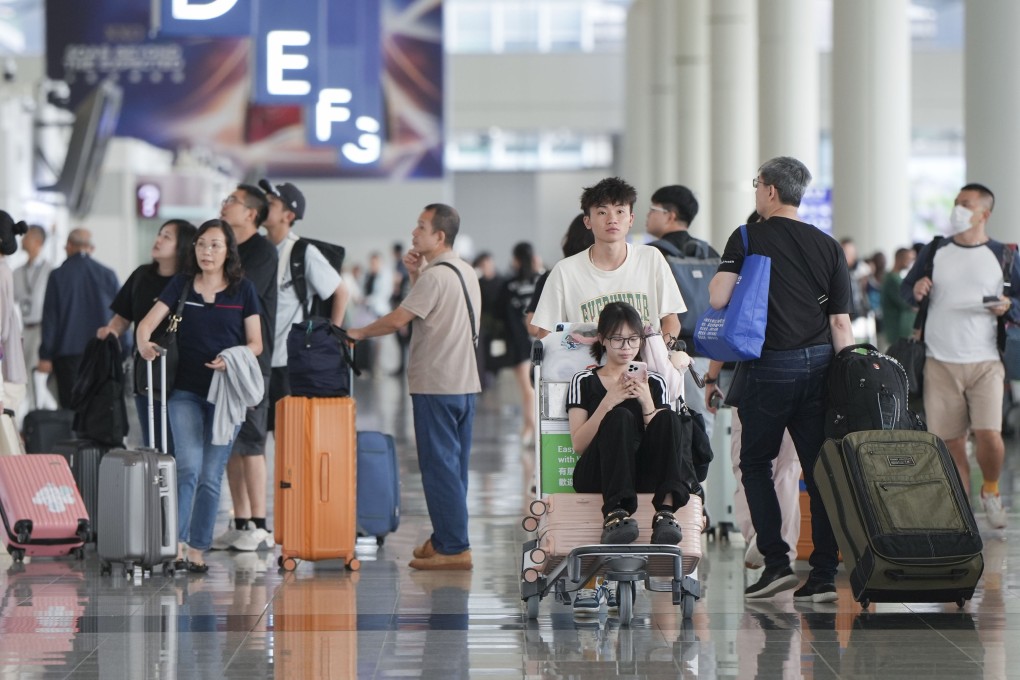Editorial | Advance screening of air travellers to Hong Kong overdue
Hong Kong is wise to join new global protocol that will not only block terrorists from boarding flights but also asylum seekers, thousands of who are in limbo in the city

Any move to strengthen security surveillance of commercial air travellers is welcome. It is therefore good that Hong Kong has joined other places in a system to block “undesirable” air passengers. While it is obviously targeted at terrorist and extremist threats, it could also identify potential asylum seekers.
Nearly 15,000 asylum seekers await recognition as refugees in Hong Kong and resettlement by the UN in third countries such as the United States and Canada. The city does not grant asylum because it has not signed the 1951 UN refugees convention. The cost of allowing them to stay until another place accepts them, instead of returning them to countries where they say their lives are in danger, has risen to about HK$1 billion a year in processing torture claims, legal support and humanitarian aid.
Notwithstanding relatively compassionate treatment, few realise refugee status and a chance for a new start – only about 300 or 1.2 per cent of about 25,000 claimants in the past 10 years. But still they come, despite the best efforts of border authorities.
The Immigration (Advance Passenger Information) Regulation requires airlines to furnish passenger details to the Immigration Department no later than check-in for flights to Hong Kong, so that the department can direct them not to board individual passengers, who may be denied entry on a number of grounds.
While no details have been provided of “undesirable” passengers, officials say this would not affect Hong Kong residents’ freedom to travel and right to enter and leave the city. Given the cost to the public purse and the undiminished attraction of Hong Kong’s freedoms and law-abiding environment to people seeking a better life, the latest measure to tighten the rules is overdue.
An Immigration Department spokesman said the system was set up to meet international security requirements and to align Hong Kong with other hubs worldwide. The system, to be implemented in about a year, will allow more than 100 airline operators to connect to it.
